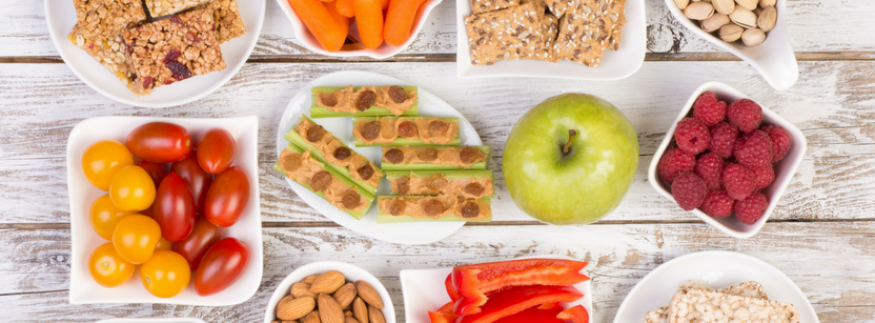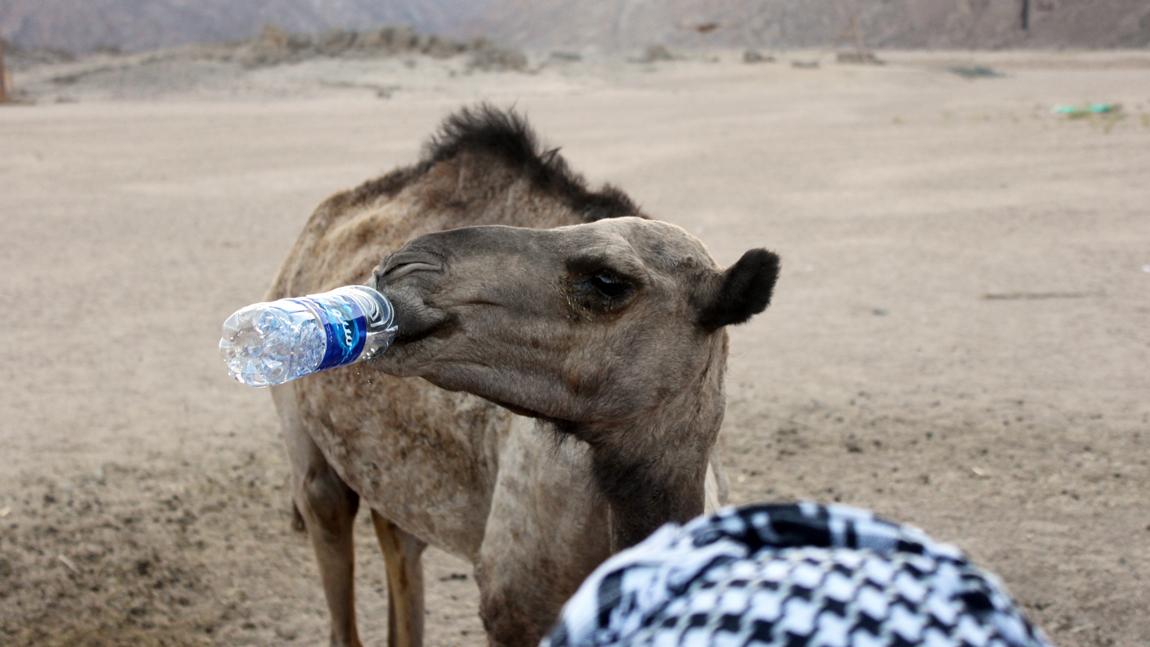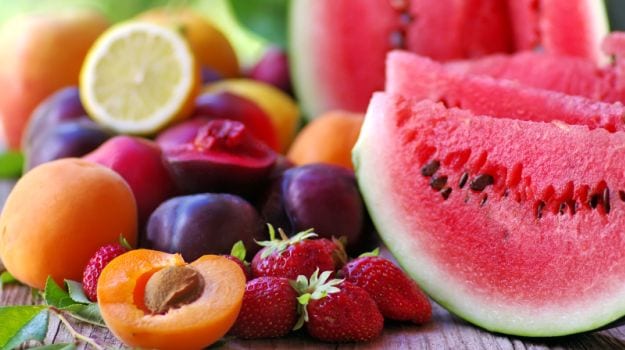
Cairo 360
Ramadan is here and we’re excited by all the things we get to enjoy this season, but we’re also wary of some of the things we’ll miss. While some crave coffee, others are just dying for a glass of water. But it doesn’t have to be about suffering, we can actually take this as an opportunity to better our health. How, you ask, well read on.
The first mistake everyone is guilty of, is having a feast for Iftar. Granted, you’ve been waiting for a long time, and a feast may have already been set out on the table, but you don’t have to go in to full beast mode here. Instead, your Iftar meal should consist of all the nutritional elements you need to compensate for what you’ve lost during fasting. So go for carbs, proteins, and vegetables to get the nutrients you need. Start steady and stop right before you feel full; there’s still some time in the night after all.

Our next mistake is exercising. It’s always tricky when you want to fit a work out in to your Ramadan day, but a bit of time management will get you there. If you decide to exercise during your fast, make sure to stay away from the sun, and reduce the intensity of the work-out. Plus, you’ll need to have been prepared during the previous night’s Sohour by getting the protein you need and drinking enough liquids throughout the non-fasting hours.

Water; we miss you the most. Drinking huge amounts of water right before El-Fajr or before you go to sleep is not the right way to go. You should drink liquids at close intervals throughout the time between Iftar and Sohour, not less than 8 glasses of water. As for other beverages, juices can help you retain blood sugar levels after Iftar, but caffeine-filled drinks makes it harder for your body to retain water, and the same goes for sodas, so be mindful when drinking those.

Food, on the other hand, is actually quite significant in retaining water. You should increase your input of potassium-filled foods and avoid those with high sodium percentages, so eat a lot of watery fruits such as cantaloupes and watermelons, as well as vegetables such as cucumbers and lettuce, especially near Sohour time, when you must avoid salty and fried food. Other foods that can help fill you up without making you thirsty include sweet potatoes, foul, lentils, and whole-grain bread.

To keep your energy levels up throughout the day, you can munch on some nuts like almonds, walnuts, hazelnuts, and pistachios during non-fasting hours. These contain a lot of healthy fats and fibers that are good for your body, but remember to avoid salty nuts.

So remember to keep it steady at Iftar, drink lots of water throughout the evening, avoid salty foods during Sohour, and keep it light with high-potassium food. Happy fasting everyone, and may you have a blessed Ramadan.
recommended
 Restaurants
Restaurants
Cairo's Ramen Revival: 5 Must-Try Bowls Around the City
 Cafés
Cafés



